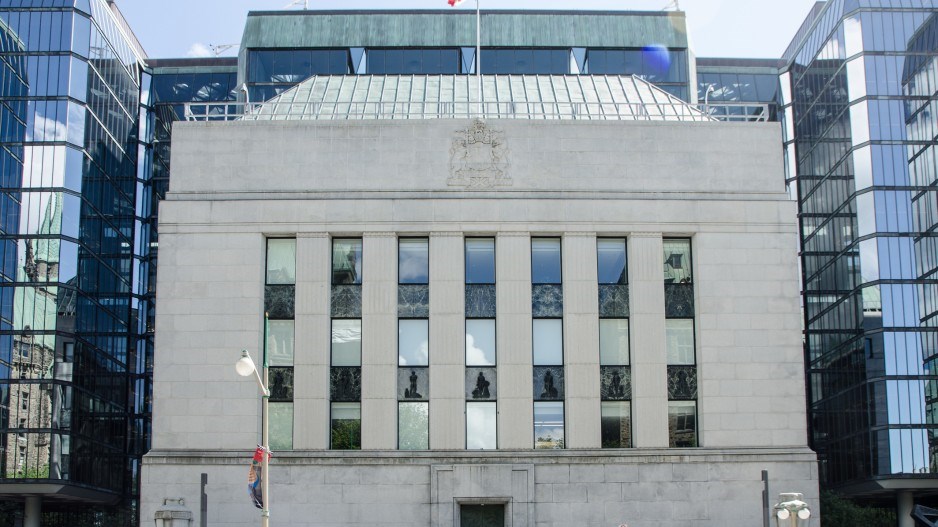Few can argue that central banks, ours included, took far too long to recognize the intensity of inflation before trying to cool the economy by weaning us of the habit of near-free borrowing.
The problem now, and the particular problem for our local economy and its real estate focus, is that the persistence of inflation is unexpectedly prolonging the pain of interest rates.
The economy has been too good for too long and just won’t sputter as expected when interest rates rise again and again and again.
We have, basically, full employment as a feature attraction in this economy’s show of strength – or that much-used pandemic word, resiliency – and we aren’t stopping our spending and homebuying. Cost-of-living and cost-of-borrowing increases are still being absorbed, for the most part, because of pandemic-era savings and recent wage growth.
Of course, if you talk to those bearing variable-rate loans or mortgages or credit lines, this doesn’t feel like an economy on their side. For them, the end of the “conditional pause” and the resumption of monetary tightening last week to bring the benchmark rate to 4.75 per cent, the highest since the first year of this century, just directs more and more to lenders from borrowers.
And if it took overly long to get on with the rate escalation, it is also going to take overly long to see those rates decline. Economists are now predicting the first quarter of 2024, not the back half of 2023, before we turn the page.
Our B.C. economy this century has fallen into the precarious trap in which real estate is an asset class, and our personal prosperity and public finances have an inordinate dependence on the vitality of the building, buying and selling in residential and commercial markets.
Buyers appeared to have been faked out by the central bank’s pause early this year in rate hikes, as if they might be done. Industry data shows that when prices began to tick upward again, buyers ready with down payments jumped back in. Last week’s quarter-point bump might make some sit out the market, but higher bond yields and mortgage rates also affect development and could hit rental ventures especially hard.
This robust economy’s pernicious inflation, and the effort to tame it with rate hikes, is also taking us down an unpleasant route that will inevitably yield problematic commercial vacancy rates (hybrid work isn’t helping things) and consumer delinquencies among those who chose and stuck to and perhaps now can’t shake the variable rates.
We have seen the last of near-free borrowing – one economist, Derek Burleton at TD Bank, told me on our BIV Today podcast that we’re likely to settle in around three per cent eventually as the central rate – but concomitant with that is the central bank’s inflation target of two per cent. (Many economists are doubting that target can be reached.) No matter, it’s taking a lot longer to get down the hill that the heated economy scaled in the last two years, again due to wage growth and labour shortages in part fuelling them.
The question now is when will consumer spending really slow to then take the steam out of inflation and the job market and to permit the central bank to reduce its rate slowly, cautiously, with an eye on the cost-of-living data.
It’s unlikely the central bank will need to reach that inflation target, anyway, before it starts reducing its rate, but we could still be in store for another quarter-point or half-point rate increase before the direction changes.
The larger trouble, though, involves the investment climate contributing to lack of business confidence and labour productivity problems contributing to inflation – both stand in the way of improvements in living standards. We used to be kingpins of standards in the OECD; now we’re well down the ranks, and senior governments either don’t seem disturbed or don’t seem competent to contend with this. We trade better with the world than we do among ourselves in this country, for instance, and our neighbours to the south keep schooling us on how to stimulate markets and generate prosperity.
The Bank of Canada shouldn’t be the only authorities leading us into the economy’s next chapter; we could use some political leadership in its proper place right about now.
Kirk LaPointe is publisher and executive editor of BIV and vice-president, editorial, of Glacier Media.



